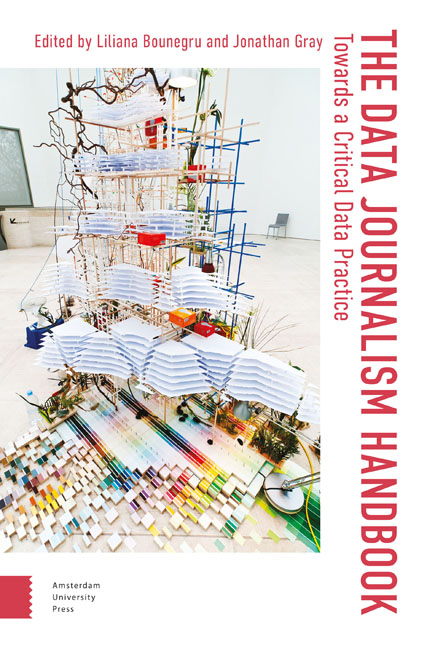31 - The Algorithms Beat: Angles and Methods for Investigation
Summary
Abstract
A beat on algorithms is coalescing as journalistic skills come together with technical skills to provide the scrutiny that algorithms deserve.
Keywords: algorithms, algorithmic accountability, computational journalism, investigative journalism, algorithm studies, freedom of information (FOI)
The “Machine Bias” series from ProPublica began in May 2016 as an effort to investigate algorithms in society. Perhaps most striking in the series was an investigation and analysis exposing the racial bias of recidivism risk assessment algorithms used in criminal justice decisions (Angwin et al., 2016). These algorithms score individuals based on whether they are a low or high risk of reoffending. States and other municipalities variously use the scores for managing pretrial detention, probation, parole and sometimes even sentencing. Reporters at ProPublica filed a public records request for the scores from Broward County in Florida and then matched those scores to actual criminal histories to see whether an individual had actually recidivated (i.e., reoffended) within two years. Analysis of the data showed that Black defendants tended to be assigned higher risk scores than White defendants, and were more likely to be incorrectly labelled as high risk when in fact after two years they hadn't actually been rearrested (Larson et al., 2016).
Scoring in the criminal justice system is, of course, just one domain where algorithms are being deployed in society. The “Machine Bias” series has since covered everything from Facebook's ad-targeting system, to geographically discriminatory auto insurance rates, and unfair pricing practices on Amazon. com. Algorithmic decision making is increasingly pervasive throughout both the public and private sectors. We see it in domains like credit and insurance risk scoring, employment systems, welfare management, educational and teacher rankings, and online media curation, among many others (Eubanks, 2018; O’Neil, 2016; Pasquale, 2015). Operating at scale and often impacting large swaths of people, algorithms can make consequential and sometimes contestable calculation, ranking, classification, association and filtering decisions. Algorithms, animated by piles of data, are a potent new way of wielding power in society.
As ProPublica's “Machine Bias” series attests, a new strand of computational and data journalism is emerging to investigate and hold accountable how power is exerted through algorithms.
- Type
- Chapter
- Information
- The Data Journalism HandbookTowards A Critical Data Practice, pp. 219 - 229Publisher: Amsterdam University PressPrint publication year: 2021



